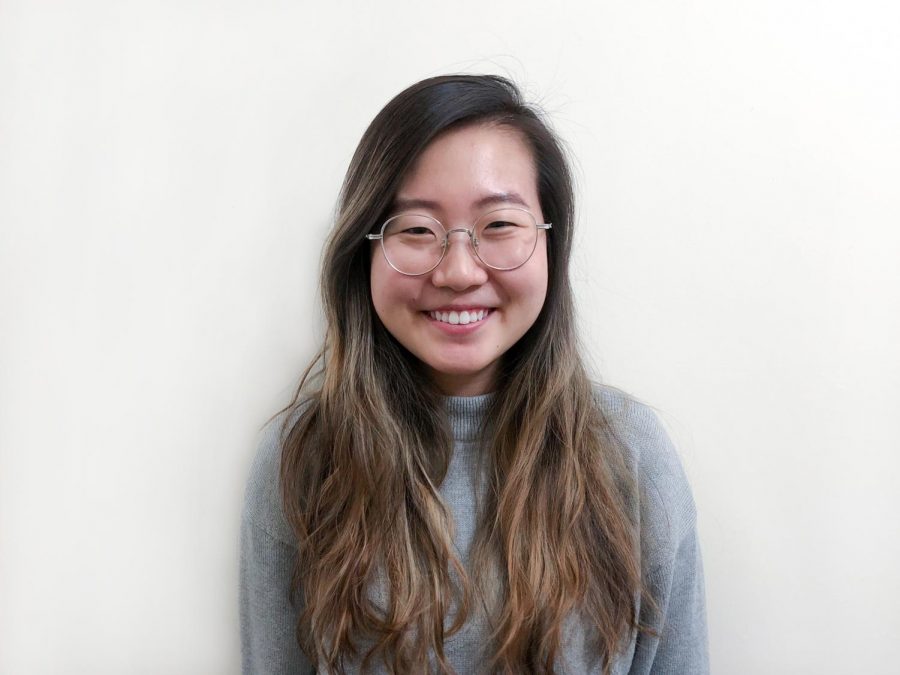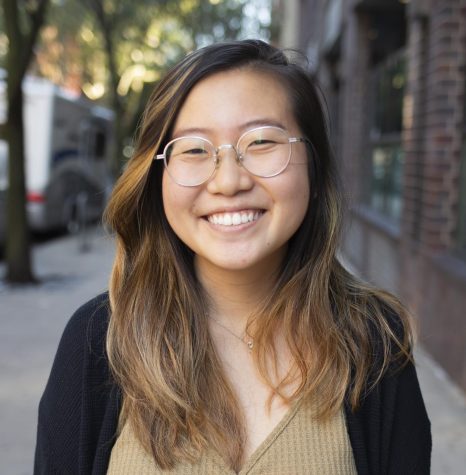Learning to Thank My Parents, One Phone Call at a Time
Show you appreciate your parents, even when you’re far apart
September 7, 2018
My parents were well into their 30s when they moved to Los Angeles from South Korea in 1991. They brought along my older brother, who was then an elementary school student. With the help of my father’s sister, my parents opened and managed a small fashion boutique in a mall, a trade completely unrelated to what they did back in Korea, construction and hotel management. Immigrating to America with such little English fluency, my parents scraped by and found community in any neighboring Koreans who shared a similar narrative.
It’s easy to forget that there was once a time when my parents didn’t need help making appointments or filling out forms. Or that they once had white-collar jobs relating to their field of study from college instead of owning a small business and working overtime every day. My parents once weren’t targets of racism at car dealerships or at my brother’s high school, because before being immigrants, they were citizens of a homogenous Asian country. I think of all the sacrifices they’ve made and all the suffering they went through navigating their foreignness, and I can’t help but feel for them. Though I can’t retroactively take away their pain, maybe in some way, as their daughter, I can temper their pain from that period, which I’m sure still lingers. American culture finds strength in its multiculturalism, but it definitely can be overwhelming and difficult to adjust to. And perhaps by expressing my love in a way that makes sense to them, they’ll finally understand my appreciation.
When I would occasionally get intense pangs of homesickness during my first semester here, my parents would care for me in a way that I understood. I remember how in October, I called my mom to catch up, but I also told her that I missed home. A few days later, I received a package notification from my residence hall, and when I picked it up, I saw that it was an express delivery of a box packed with tupperware containers of homemade Korean food. There were Korean meatballs, spicy dried squid, stir-fried fish cakes and more. For weeks, the mini refrigerator in my triple was crowded with all the food I ate growing up and loved. When I called her to thank her, all my mom said was that she was happy to be able to provide for me even when we were so far from each other.
Now that I’m entering my senior year, I realize that so much has changed since the days I would call my parents because I missed home. I rarely notice the days passing since I last heard their voices, and I feel immense guilt over how I’m preoccupied with work to the point that I neglect my identity as a daughter, especially as a daughter of immigrants who were bold enough to chase after a better life for their children. There are just so many feelings that can become unearthed as you begin the end of something. Looking back, I wish I had called home more often. Immigrant parents sacrifice a great deal with the expectation that it will pay off for their kids. As complicated and tense as that can get, we, as their children, are still undeniably at the center of their lives. The privileges I have been afforded are because of how they’ve cared for me. My parents are nearing 60 and still both work full-time to help support me financially so that I can focus on my dreams.
As first-generation children, we have to call home, talk to our parents, compliment them and encourage them. We have to learn the culture that our parents hold on to and learn the language that they are most comfortable with. When we visit home, we must help them with washing the dishes or folding laundry, even when they refuse the offer the first time. It’s crucial to show our parents the extent of appreciation. In the face of everything they’ve done for us, it’s the least we can do. They’re only one phone call away.
Opinions expressed on the editorial pages are not necessarily those of WSN, and our publication of opinions is not an endorsement of them.
Email Janice Lee at [email protected].


























































































































































Mary Ann necolettos • Sep 8, 2018 at 9:28 pm
That was so beautiful and as a parent of a soon to be graduating senior I was touched by your insight and reflection on passage, especially as it pertains to parental love and sacrifice. Thank you for that!